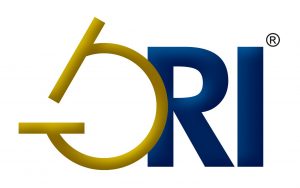Retraction Watch readers may know that the U.S. Office of Research Integrity, which has oversight of misconduct investigations of work funded by the National Institutes of Health, has proposed changes to its regulations. It’s the first such proposal since 2005, and has generated discussion in various quarters. We’re pleased to present this guest post by James Kennedy, a longtime observer of these issues.
One of the most controversial points about the federal policies for research misconduct is the extent to which a laboratory director, principal investigator, or lead author is held responsible for misconduct by others on their research team.
It is surprisingly common in cases of extensive research fraud that the person who committed the offense cannot be identified. Data management in such cases is usually uncontrolled, with no tracking of changes to the data or preservation of the original data. The principal investigator is often at the center of the pattern of misconduct, but should they also be held accountable for it when the only provable fact is that they allowed a work environment that was vulnerable to bad behavior?
The regulations for handling misconduct in research funded by the U.S. Public Health Service are currently being modified, and the Office of Research Integrity (ORI), which implements the rules, is asking for public comment. This opportunity to influence the handling of misconduct is all the more important given that the regulations are often used as a model for misconduct policies at universities and research institutions. The comment period was recently extended until Jan. 4, 2024.
Are you responsible for misconduct by others?
Continue reading Guest post: Why I commented on the proposed changes to U.S. federal research-misconduct policies – and why you should, too